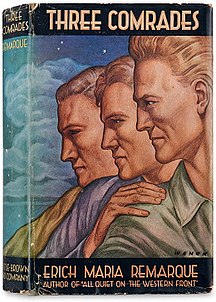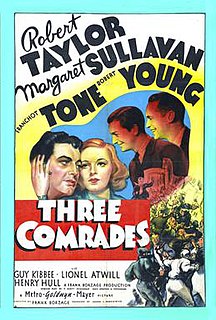This page is based on this
Wikipedia article Text is available under the
CC BY-SA 4.0 license; additional terms may apply.
Images, videos and audio are available under their respective licenses.

The Informer is a 1935 dramatic film, released by RKO. The plot concerns the underside of the Irish War of Independence, set in 1920. It stars Victor McLaglen, Heather Angel, Preston Foster, Margot Grahame, Wallace Ford, Una O'Connor and J. M. Kerrigan. The screenplay was written by Dudley Nichols from the novel of the same title by Liam O'Flaherty. It was directed by John Ford. The novel had previously been adapted for a British film The Informer (1929).

Edward Dmytryk was a Canadian-born American film director. He was known for his 1940s noir films and received an Oscar nomination for Best Director for Crossfire (1947). In 1947, he was named as one of the Hollywood Ten, a group of blacklisted film industry professionals who refused to testify to the House Un-American Activities Committee (HUAC) in their investigations during the McCarthy-era 'Red scare'. They all served time in prison for contempt of Congress. In 1951, however, Dmytryk did testify to HUAC and rehabilitated his career. First hired again by independent producer Stanley Kramer in 1952, Dmytryk is likely best known for directing The Caine Mutiny (1954), a critical and commercial success. The second-highest grossing film of the year, it was nominated for Best Picture and several other awards at the 1955 Oscars. Dmytryk was nominated for a Directors Guild Award for Outstanding Directorial Achievement in Motion Pictures.
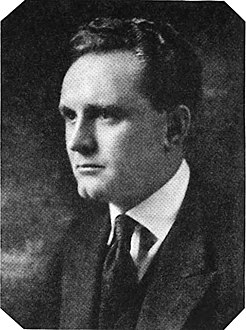
Frank Borzage was an American film director and actor, most remembered for directing 7th Heaven (1927), Street Angel (1928), Man's Castle (1933), and The Mortal Storm (1940).
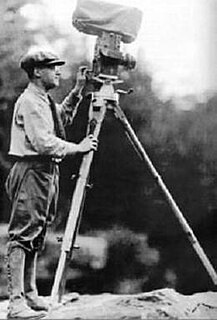
Joseph Ruttenberg, A.S.C. was a Russian-born American photojournalist and cinematographer.

Siegfried Carl Alban Rumann billed as Sig Ruman, was a German-American character actor known for his portrayals of pompous and often stereotypically Teutonic officials or villains in more than 100 films.

Henry Watterson Hull was an American character actor who is best remembered for playing the lead role in Universal Pictures's Werewolf of London (1935).
The 10th National Board of Review Awards were announced on 15 December 1938.

Willy Birgel, born Wilhelm Maria Birgel, was a German theatre and film actor.
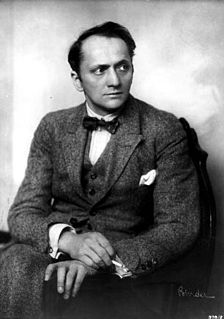
Theodor August Konrad Loos was a German actor.
Thomas Bentley (1884–1966) was a British film director. He directed 68 films between 1912 and 1941. He directed three films in the early DeForest Phonofilm sound-on-film process, The Man in the Street (1926), The Antidote (1927), and Acci-Dental Treatment (1928).
Josef Sieber was a German film actor.
Ernst Behmer was a prolific German stage and film actor who appeared in more than a hundred films during the silent and early sound eras.
Friedrich Ettel was a Swiss film actor.
Reinhold Bernt was a German film actor.
Josef Thomas Peterhans (1882–1960) was a German actor.
Fritz Hoopts (1875–1945) was a German stage and film actor.
Gustav Püttjer was a German film actor who appeared in around 150 feature films between 1927 and 1959. He largely played character parts. After the Second World War he settled in East Germany appearing in the films of the state-controlled company DEFA.
David Hempstead was an American film producer known for None but the Lonely Heart (1944), The Sky's the Limit (1943), directed by Edward H. Griffith, and Joan of Paris (1942), directed by Robert Stevenson. He cowritted the script of Hell and High Water (1954) alongside Jesse Lasky.
